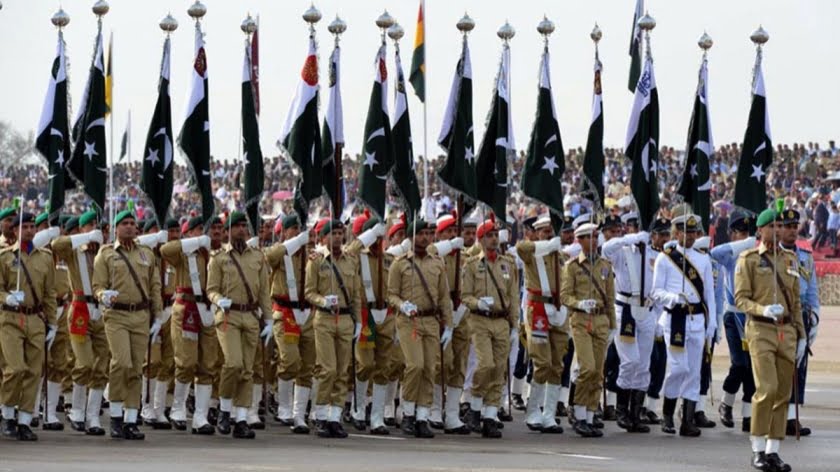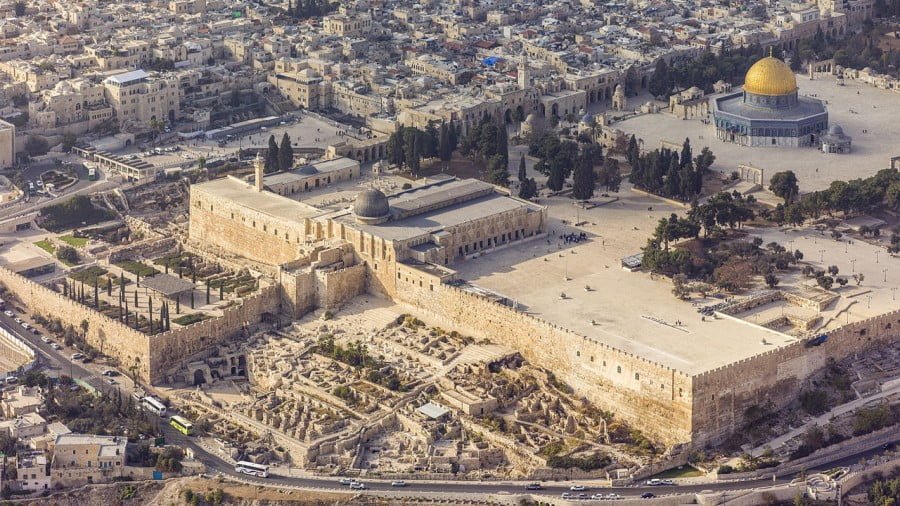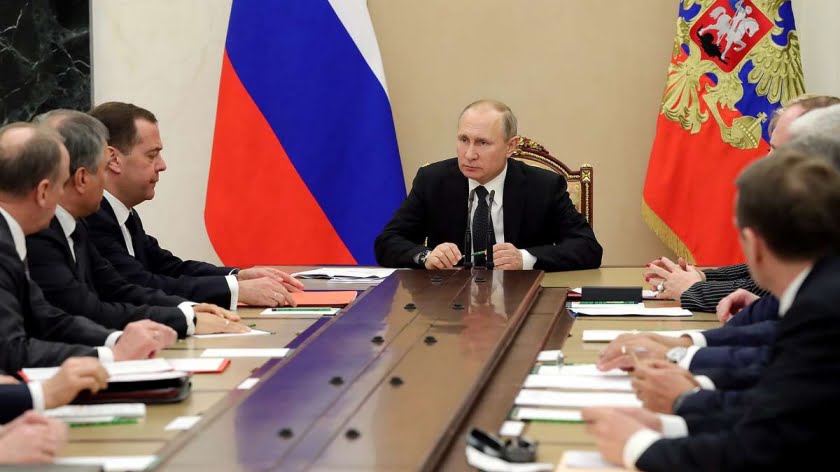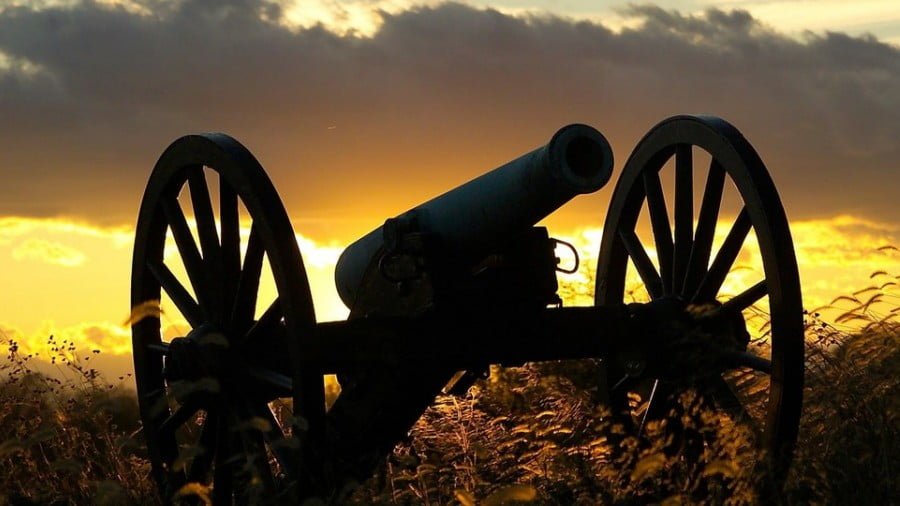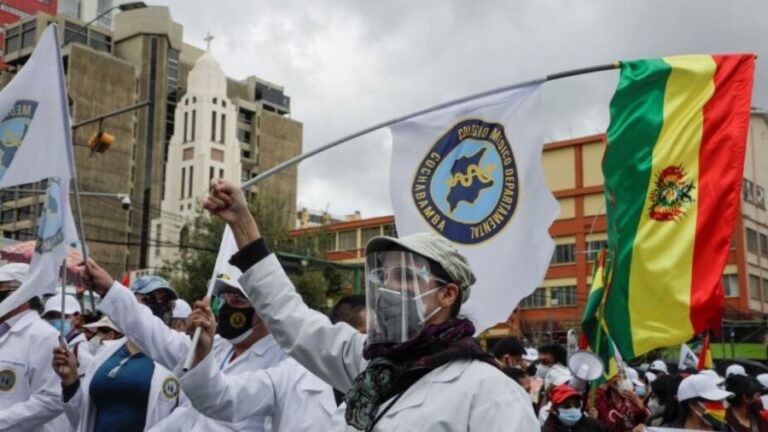Pakistan is at War But Its Political, Financial and Media Elite are Asleep
When western currency speculators began exerting calculated pressure against the lira throughout 2018, Turkey’s President Recep Tayyip Erdoğan was quick to say that the west was waging “economic war” against Turkey. Erdoğan is equally straight forward when discussing the serious threats from non-state terror groups and state backed terror groups which aim to endanger Turkish security and slaughter Turkish civilians. Just today, China’s influential Global Times newspaper published an opinion piece in which the US economic actions taken against Chinese companies were described as a declaration of war on China.
And yet while China and Turkey face challenges that their respective leadership is very clear about, Pakistan continues to face a far more grave reality of war that few in the elite political class or corrupt media care to acknowledge. The Kabul regime which refuses to recognise Pakistan’s borders exists both in theory and in practice in a state of war against Pakistani territory and thus a state of war against the Pakistani state and people. The fact that Kabul is a major conduit of terror into Pakistani territory further attests to the state of war that Kabul has declared through its actions and policies that are directed entirely against Pakistan.
India’s well known financial backing and intelligence coordination with anti-Pakistani extremist groups along with the brutal occupation of part of Kashmir is a further symptom of India’s war like behaviour towards Pakistan. But one needn’t take an outsider’s word for it. India’s election campaign has been filled with blood curdling declarations against Pakistan whilst India’s biggest newspaper published an editorial just months ago calling quite literally for the destruction of Pakistan.
But expansionist and terror funding neighbours is not the only problem facing Pakistan. Both internal and external currency speculators are profiting from the decline in the value of the Pakistani rupee while the government is taking no tangible actions to thwart this cunning anti-state action. When foreigners did this to Turkey, the country’s leader called it an act of war and even named and shamed the perpetrators including the notorious George Soros. In Pakistan, the leadership remains on the defensive when in a state of war, one must be leading the charge with rhetoric as well as action.
To be clear, this is not a criticism of Imran Khan. The Pakistani Prime Minister is the first in decades to actually care more about the country than about his own economic fortunes. But many around Iman Khan are part of an old political guard used to sitting back while watching mafiosos absconding from the country while taking national treasure with them. Making matters worse is an attitude among government representatives that is one part defeatist, one part detached and all parts asleep at the wheel during a time not just of crisis but of very real and escalating hybrid warfare.
Just because notorious groups like TTP have been crushed does not mean that the present time is one for celebration. If anything this is a time when the government ought to work with all state institutions to rally the public behind a united patriotic front. This is exactly what the Turkish leadership did in July of 2016 when the western backed Gulenist coup attempted to overthrow state institutions was crushed through patriotic people power. Instead of cowering behind soft rhetoric, officials encouraged patriotic Turks to fill the streets and send a clear message to forces of wickedness. The message was loud and clear: Turkey will never surrender on any front.
It is shocking to see a nation whose Army and ISI fought valiantly for decades against blood thirsty terrorists being led by elites in the political, financial and media spheres who are willing to throw away hard won successes on the battlefield through political miscalculations, financial banditry and soft rhetoric that inspires self-pity rather than a patriotic spirit of vigour.
Iman Khan may well be a lion, but there are too many donkeys attempting to lead him in various ill-conceived directions. Pakistan has every reason to be optimistic about the long term future, but in order to create such a future, the ghosts of the past that are trying to hijack the present must be politically neutralised, just as Turkey neutralised its enemies after 2016.
By Adam Garrie
Source: Eurasia Future

